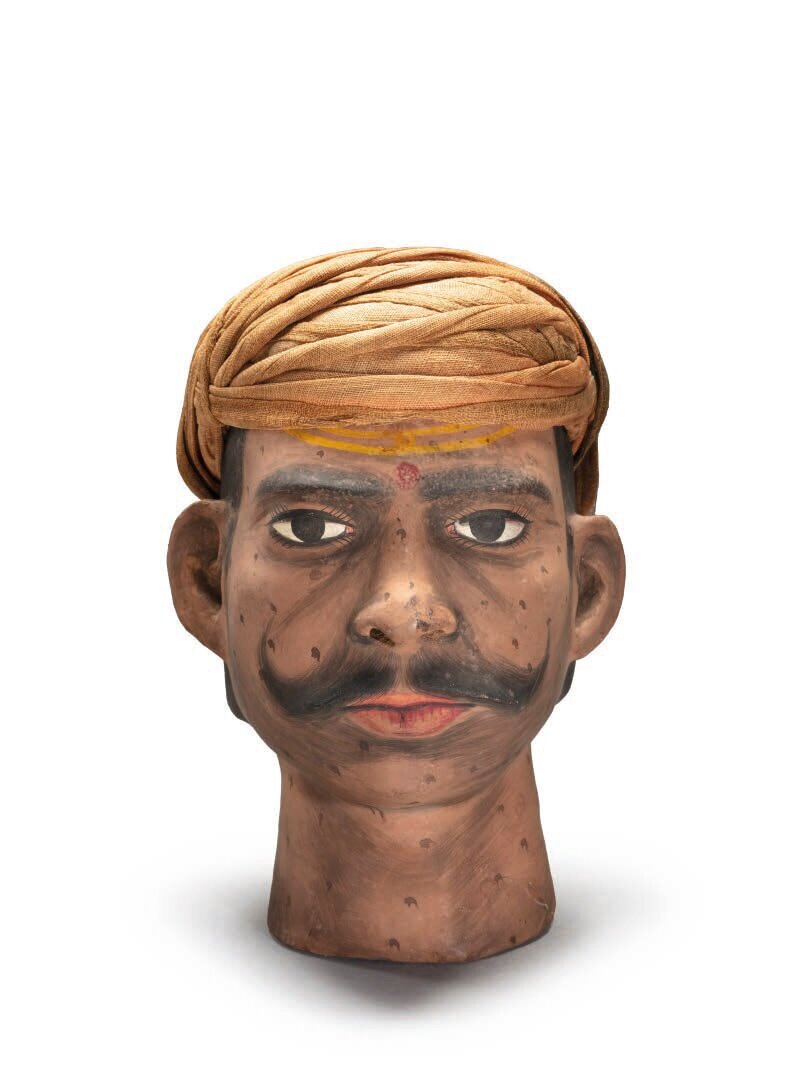Highlights

Textiles in Burman Culture
Sylvia Fraser-Lu is a respected author in the world of Southeast Asian textiles. Her painstaking research and attention to detail ensure this book will be an important source for students and textile enthusiasts. A comprehensive text is accompanied by relevant colour and black-and-white plates. The author carries the reader through the history of textiles from early settlements to the workshops of today. Chapters on techniques and production highlight areas of the country where beautiful fabrics continue to be produced.

Buddhist Art Initiative: Connectivity as a Driver for Change
The creation of Buddhist sculptures, paintings, and ritual implements, and the use of a wide range of symbolic representations in Buddhist visual culture, served originally to support religious practice and lead believers to the Buddha’s teachings. Whether as a devotional object, a donation for merit making, a visualization tool used in ritual, or a vehicle for the path of meditation, Buddhist art fulfills its spiritual purpose all the more when it evokes transcendence of all form, the illusory realm of phenomena, and when it assists believers in attaining deeper levels of realization.

Perspectives of/from India in Salem: The Peabody Essex Museum’s Indian Art Galleries
When one thinks of India … Salem, Massachusetts is not likely the first thing to come to mind. And yet, the port city served as a vital node in the transoceanic trade networks of the 18th and 19th centuries, connecting the newly independent United States of America to important trading centres in India, China, Japan, Zanzibar, and other regions across the globe. Today, the collection of the Peabody Essex Museum (PEM) serves as a visual testament to the city’s legacy of global connectivity.

Henri Bertin and the Representation of China in Eighteenth-Century France
John Finlay’s long-anticipated book highlights a sizeable number of understudied Chinese objects in the collection of the Bibliothèque Nationale de France. They are part of the legacy of Henri Léonard Jean Baptiste Bertin (1720–92), a French statesman who maintained an extensive, decadeslong correspondence with the Jesuit missionaries in Beijing. Known as the cabinet de curiosités chinoises, Bertin’s collection comprised several hundreds of paintings, books, and artefacts of various kinds that he received from Beijing.
